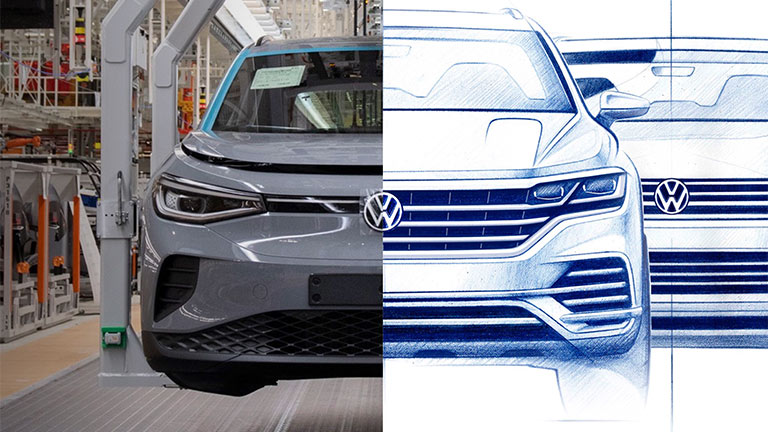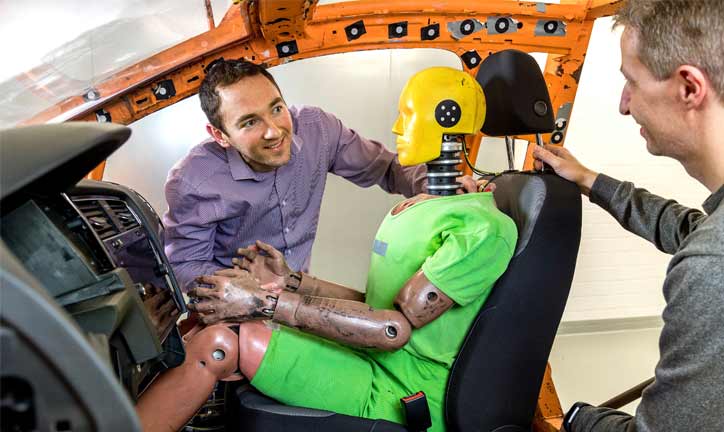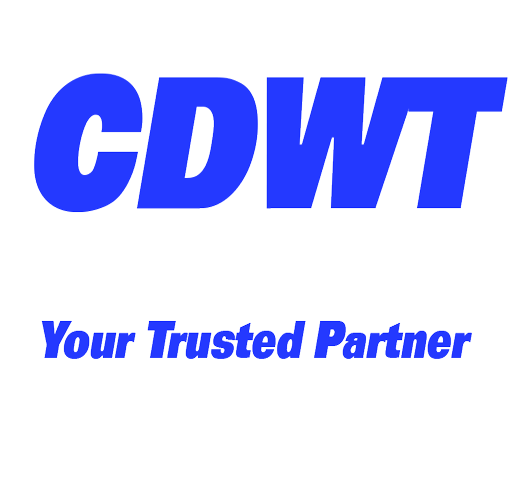
CASE STUDY
Sustainability Drives Commercial Dominance in The Automobile Sector s
How Volkswagen inspires confidence and clarity with their sustainability strategy
Call For Change
It is important to have a strong Environmental, Social, and Governance (ESG) plan for investors, workers, and the general public, but only if they comprehend it. Despite launching the most ambitious decarbonization and digitization programme in automotive history, the Volkswagen Group (VW), the world’s biggest carmaker by volume, had a market capitalization much lower than its competitors. VW recognised the need to more clearly communicate their ESG approach.
To solve this issue, the automaker intended to develop a more holistic sustainability story — from environmental to diversity to human rights and resource efficiency — that resonated with its culture and individual brands. Volkswagen also desired to refine its overall ESG emphasis by outlining the programmes, responsibilities, and KPIs that would make sustainability associated with the company’s corporate strategy.
This would define its sustainability plan – to become an emission-free, digitally-connected transportation leader — and raise awareness among stakeholders, particularly the investing community.


When Tech Meets Human Inventiveness
The project was divided into three stages by CDWT. The first phase consisted of assessing VW’s position relative to its competitors. Since investors rely on S-Ray, a machine learning platform that generates ESG ratings of companies based on millions of data points for more than 7,000 listed companies, the team identified the data required to generate an S-Ray score and ESG rating commensurate with Volkswagen’s industry-leading efforts.
Next, the team held C-level seminars to generate support for the company’s ESG strategy, focusing on decarbonization, circular business models, workforce transformation, and human rights in the supply chain. In the third phase, the team contributed to the articulation of VW’s ESG narrative, which comprised key projects, responsibilities, KPIs, and a strategy for communicating the company’s efforts.

A Valuable Difference
In six months, the team reduced VW’s ESG story from 18 sustainability themes to four core subjects with readily comprehensible goals and KPIs for each area, enabling the firm to assess its progress more effectively. In topics such as decarbonization, circular economy, human rights in business, and workforce transformation, targets were established.
With ESG objectives woven into its operational and functional processes, there is now a clear connection between Volkswagen’s S-Ray score and the overall corporate strategy, integrating the NEW AUTO strategy to transform Volkswagen into a global software-driven mobility provider that powers the future of EVs and fully networked transportation.
Customers are already on board; in December 2020, Volkswagen’s electric ID.3 was the second best-selling vehicle in Europe, and by 2021, the Volkswagen Group was considered the market leader in e-mobility.
VW is able to expedite its sustainability plan as ESG research and real-world ESG results become more transparent. Its rising market capitalization reflects its overall growth objectives and is becoming comparable to those of other worldwide corporations. VW is positioned for further expansion as investors seek to place better wagers on how we’ll all go where we want to go—together and for the environment.


